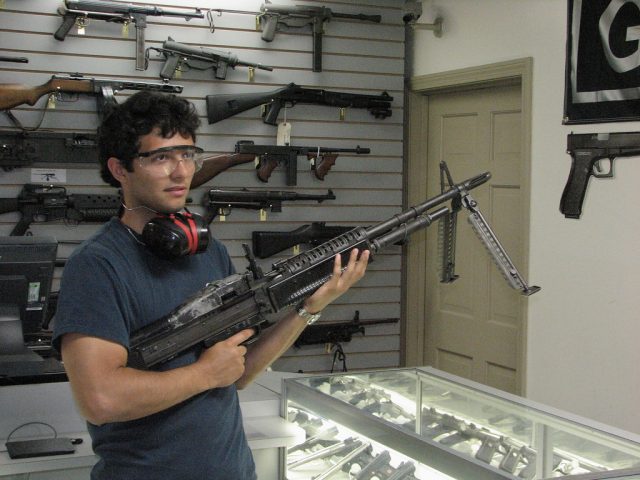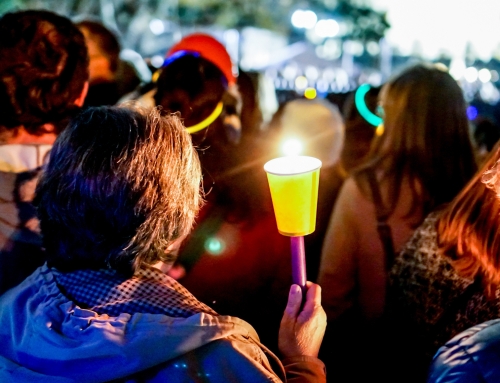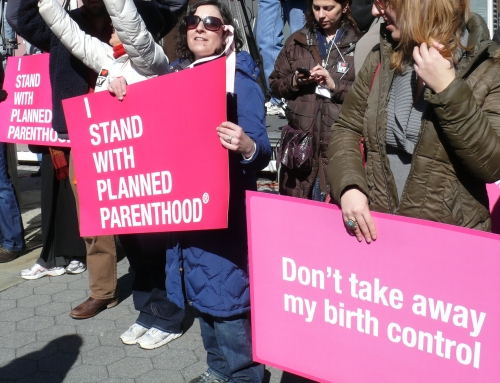“A well-regulated militia being necessary to the security of a free state, the right of the people to keep and bear arms shall not be infringed.” With these 27 words, the course of the fledgling new nation collectively known as the United States of America would be changed forever. America won its independence from the British Empire in a long and bloody war few believed they could win. The Founding Fathers included this statement in the Second Amendment of the newly formed Constitution.
Over 230 years later, this statement is still as controversial as it was when first proposed, in March of 1785, at the Mount Vernon Conference. Over the ensuing centuries, America has since experienced numerous wars and conflicts, such as the Civil War, World Wars I and II, Vietnam, and more recently, Iraq and Afghanistan. The issue of personal firearm ownership and gun control continues to be on the minds of citizen and politician alike.
Gun Control from Both Sides of the Aisle
Most recently, during the Presidential Campaign, Democratic Candidate Hilary Clinton had this to say in regards to gun control:
I believe weapons of war have no place on our streets, we may have our disagreements on gun safety regulations, but we should all be able to agree on a few things.
In contrast, President-Elect Donald Trump explained his version of gun control; a person is required to have driver’s license and every state recognizes and accepts the valid identification. Therefore, he asserts, “it’s common sense that a concealed carry permit should work in every state.” Trump also contends that under his administration, military bases and recruiting centers that are currently gun-free zones would allow the use of firearms. He said this will apply to schools as well.
Ever-Changing Gun Control Terminology
Throughout the years the terminology of gun control has changed. From the 90’s era Clinton assault weapons ban to background checks and then limiting the amount of ammunition a magazine can carry. Today the various laws across the states have become so porous as to allow many loopholes through which people can navigate through and around to be able to purchase firearms.
The most controversial of these is the so-called gun show loophole. This allows small-scale sellers, many of whom do business at gun shows, to bypass required background checks, which inflames the gun control supporters. Both Clinton and Trump promised to crack down on this and many other loopholes throughout their presidential campaigns.
Personal Ownership v Gun Control
The New York Times writes:
Over the past 25 years, Americans’ support for stricter gun control laws has been generally declining even as the number of mass shootings is on the rise. While some high-profile shootings have resulted in calls for increased restrictions, that support has proved fleeting thus far. Gun control is one of the most sharply divisive issues in the U.S. today.
The fact that personal gun ownership is such a deeply entrenched national issue makes it difficult for politicians to pass any form of strict gun control. One side of the American coin wants to see gun control restricted, the other side wants to see it expanded. With a new President freshly elected, perhaps the new era beginning in America will also see a resolution for the gun control issue.
By Trey Hines
Edited by Cathy Milne
Sources:
CBS News: Where Hillary Clinton stands on gun control
CBS News: Where Donald Trump stands on gun control
Top Image Courtesy of Benjamin Darfler’s Flickr Page – Creative Commons License





![Adolf Hitler and Donald Trump Similarities Will Lead to What Outcome? [Update]](https://futurepreviews.com/wp-content/uploads/2017/01/Screen-Shot-2017-01-12-at-7.29.12-PM-500x383.png)

